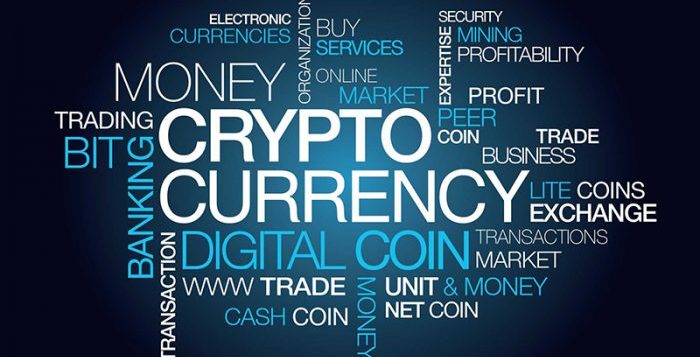The Securities and Exchange Commission of Thailand (SEC) have recently published a new framework which highlights the countries changing stance on cryptocurrencies. Within this, the SEC have published information about fees and taxes, licensing and interestingly, a list of their seven approved cryptocurrencies.
This is a very unique form of regulation as generally across the rest of the world we are seeing governments banning certain cryptocurrencies. The Thai SEC on the other hand seem to be doing the opposite and allowing just a few cryptocurrencies to be traded within Thailand.
The seven approved cryptocurrencies by the Thai SEC are; Bitcoin, Bitcoin Cash, Ethereum, Ethereum Classic, Ripple, Litecoin and Stellar. Within their approval, the aforementioned cryptocurrencies are accepted for use within Initial Coin Offerings (ICOs) and are able to be traded as pairs.
Furthermore, within the new regulations set out by the SEC, anybody participating within cryptocurrency activities must register with the SEC, moreover, in order to conduct ‘digital asset business’ traders must seek approval from Thailand’s Finance Ministry. Within this new publication, the SEC have also highlighted some fee’s and fines that should certainly be considered, especially by those living in Thailand. According to the Bangkok Post:
“Sellers of unauthorised digital tokens and those setting up unauthorised seminars to solicit cryptocurrency investment will be fined no more than twice the value of the digital transaction or at least 500,000 baht. They could also face a jail term of up to two years.”
See more from the full article by the Bangkok Post for yourself, here-
https://www.bangkokpost.com/business/news/1481525/sec-releases-crypto-details
This is the first big step for regulation within Thailand and follows the footsteps of countries such as Japan, who are enforcing heavy regulative procedures yet at the same time are fostering a very positive stance towards cryptocurrencies. The unique twist from the Thai SEC sits within their decision to allow only a few currencies, as opposed to just banning a few problem coins. Perhaps as this regulation is in its early stages, the SEC want to focus on few currencies first off, before they fully open up the markets?
Read more at: Crypto Daily







